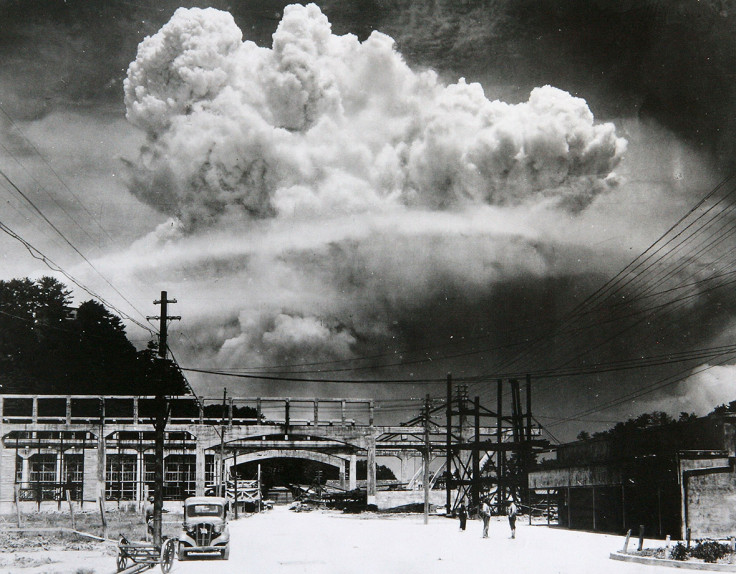Obama visit to Hiroshima not to be considered an apology says White House

Barack Obama is set to become the first sitting US president to visit Hiroshima — the Japanese city that fell victim to America's first atomic bomb. During the visit, the head of state plans to promulgate his message of global nuclear disarmament.
The POTUS has been voicing his interest to visit the sites of the nuclear blasts in Japan for a while now and despite having made three official trips to the country, it has taken a fourth one to make it possible. During his May-end tour of Asia, he will visit the Hiroshima Peace Memorial Park, where he plans to speak about making the world nuclear arms-free.
However, the White House stressed that the president will not apologise for the 1945 bombing towards the end of WWII, which killed over 140,000 and had serious radiation effects.
"He will not revisit the decision to use the atomic bomb at the end of World War II," Ben Rhodes, Obama's deputy national security adviser, wrote on Medium. "Instead, he will offer a forward-looking vision focused on our shared future."
The US is the only country to have ever deployed nuclear bombs and today, holds one of the largest arsenals of the weapon of mass destruction, alongside Russia. Despite the devastating effects of the atomic bombs, a major percentage of the American population believes it was the right move at that time.
White House press secretary Josh Earnest told reporters: "The president certainly does understand the United States bears a special responsibility. The United States continues to be the only country to have used nuclear weapons. It means our country bears a special responsibility to lead the world in eliminating them.
"There's also no diminishing the important contribution of the greatest generation of Americans who didn't just save the United States, but saved the world, from tyranny."
BREAKING: @POTUS will be the first sitting U.S. President to visit Hiroshima on May 27 → https://t.co/2OsOLAslRa pic.twitter.com/Z2mh87dzSs
— The White House (@WhiteHouse) May 10, 2016
Obama is making his fourth visit to Japan to attend a G-7 summit meeting hosted by Prime Minister Shinzo Abe. When questioned about the US president's Hiroshima trip, Abe said: "Seventy years ago, so many people were mercilessly killed by the dropping of the atomic bomb. I would like this visit to be an opportunity to honour all the victims in Japan and in the United States."
He pointed out that Japan has always strongly opposed nuclear weapons and called for their abolition. "By having President Obama visit Hiroshima and see the realities of radiation exposure, and by having him communicate his thoughts and feelings to the world, I believe this will lend great power towards achieving a world without nuclear weapons," he added.
Following the announcement of his visit to Japan, Hiroshima survivors have petitioned Obama to visit and pay his respects at the memorial. Chairperson of one of the survivors' groups, 91-year-old Sunao Tsuboi, spoke on Japan's NHK national television saying: "We are not asking for an apology. All we want is to see him lay flowers at the peace park and lower his head in silence. This would be a first step toward abolishing nuclear weapons."
US secretary of state John Kerry visited the site in April, where he made an emotional speech. "It tugs at all of your sensibilities as a human being. It reminds everybody of the extraordinary complexity of choices in war and of what war does to people, to communities, to countries, to the world," he said.
© Copyright IBTimes 2024. All rights reserved.






